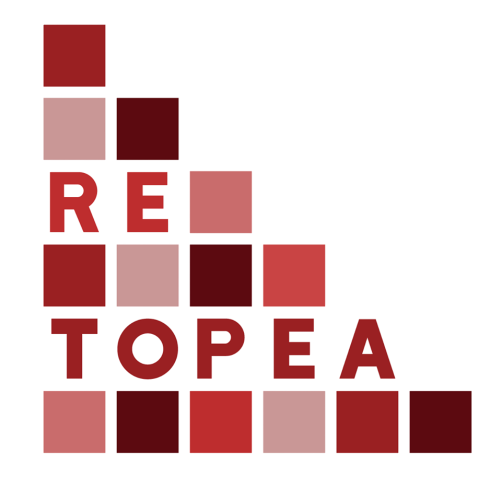Project
A project to promote religious peace and tolerance through history
God is back! Although we live in a largely secular society, religious issues emerge once again, and in the identity debate religious symbols abound. How did that happen? Why does religion lead to opposition and conflict ? Is that always the case? Clearly not. But how did people neutralize religious contradictions in the past? Can we learn from those experiences? These are the questions that are central to the EU-funded large-scale international research project RETOPEA (2.4 million euros), which runs from 1 May 2018 to the end of 2021. It investigates the different ways in which religious coexistence is thought of in different environments and how religious peace treaties have been established in the past. The idea is to use the insights gained to inform thinking about present-day peaceful religious co-existence.
To gain more insight into the religious landscape today we will analyse various discourses in which religion is discussed: from school manuals and museums to TV series, YouTube and political speeches. We will also look at initiatives that try to bridge religious differences in practice. In addition, we study religious peace treaties and tolerance edicts from European and (to a limited extent) world history: these show how one has succeeded in transcending religious conflicts in the past. Insight into such processes of peace-making also teaches a lot about the basic principles of the contemporary political and secular religious order.
That history of religious peace treaties is the starting point of our educational project. We want teenagers - 12 to 16 year olds - to make short documentary films, ‘docutubes’. We will supply the basic didactic material for this in the project. In this way we want to stimulate teenagers to think about living together with people with different religious and ideological backgrounds and beliefs. In this way we want to make them resilient against simplistic propaganda. We will test the docutubes in various contexts across Europe, from secondary schools in England and Finland, through the Museum of the History of Polish Jews (POLIN) in Warsaw and the Alhambra in Granada to youth centers in Macedonia and Molenbeek. We will also produce an online course on religious peace treaties and diversity for teachers and educators, and formulate suggestions for educational policy based on our experiences.
The project brings together an extensive interdisciplinary consortium of academic and non-academic partners including, besides KU Leuven as lead institution, Open University (Milton Keynes), the Leibniz Institute for European History (Mainz), the universities of Helsinki, Tartu, Warsaw, SS. Cyril & Methodius (Skopje), and Granada.
